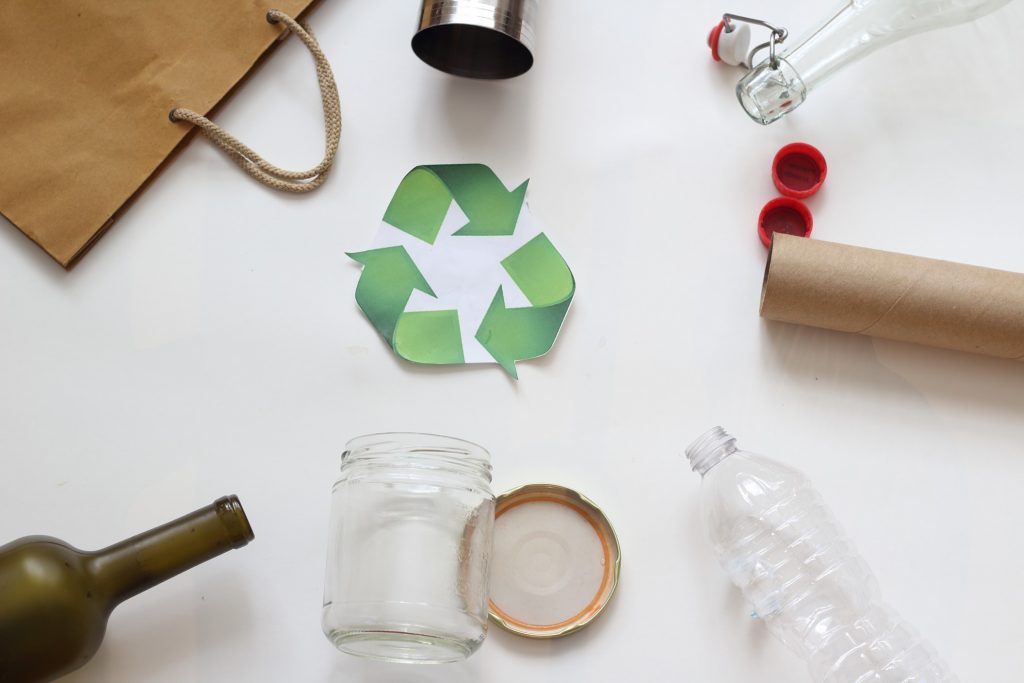
The current trend among businesses and organizations is to look for a more environmentally-friendly and sustainable method to run their affairs. The relationship between sustainability and entrepreneurship is a subject that has attracted many researchers and business owners. It has also led to the birth of ecopreneurship. This guide shared by Solopreneur Grind can help you get things rolling.
What is ecopreneurship?
Ecopreneurship refers to all the entrepreneurial principles and processes geared towards solving environmental problems or ensuring businesses are sustainable. The term was coined in the 1990s to mean “environmental entrepreneurship.”
As an ecopreneur, your focus should be reducing waste and conserving the environment. Of course, you’ll still want to turn a profit. That means identifying sustainable business models that can address environmental problems. Ecopreneurship is broad-based and can cover food waste management, recycling, and ocean pollution prevention.
Implementing ecopreneurship
As already mentioned, ecopreneurship is about running a business in a sustainable and environmentally-friendly way. There are many ways of implementing this concept, some of which include:
Sound business practices
Sound business practices are core to any business concerned about the environment and sustainability. It is a problem-solving approach that finds the relationship between a process and the environment. Sound business practices dictate that you do all you can not harm the environment. It may involve simple things like using an automatic invoice generator rather than paperwork. A free invoice maker can make a huge difference when it comes to saving money on paper, so look for one that suits your needs.
Other eco-friendly business practices include electricity and water conservation. Conserving electricity and water is something you can achieve by reducing instances where these valuable resources are wasted. For example, you can use energy-efficient lighting, toilets, and faucets to save energy and water.
Supply chains
Suppliers and customers like to work with sustainable and environmentally-friendly companies. That’s why you need to create a list of environmentally-friendly vendors to get your supplies from. Also, deal only with supplies that embrace sustainability.
Recycling
Recycling is one of the best ways to achieve sustainability. It’s a good business practice to use recyclable products like paper products, monitors, computers, electronics, fluorescent light bulbs, and other supplies.
Buy energy-efficient products
Whatever electronic product you buy, make sure it is energy efficient. For example, you can purchase energy-efficient bulbs, computers, fridges, etc. Check the labels of the products before you buy them to make sure they are energy efficient.
Chemical management
As an ecopreneur, you should develop a company culture that’s non-tolerant to chemical use. For example, you can insist on using non-chemical cleaning and green products for weed management and pest control to converse land.
If you have to use chemicals, let the chemical vendors train your employees on their proper use and disposal. And if you have to hire a cleaning company, choose one that uses green cleaning products.
Product design
Product design is one of the major areas where the concept of ecopreneurship plays a significant role. You can apply the principle of ecopreneurship at any stage of your product design, from material extraction and manufacturing to logistics and disposal. Your product design process needs to rely on eco-innovation (innovative technology), bio-mimicry, cradle-to-cradle design, etc.
The product design process offers you an opportunity to incorporate ecopreneurship principles such as socially responsible ad green attributes into your product. For your product design to be sustainable, you have to start right from selecting materials to the point where the product is ready for the market.
Legal forms of ecopreneurship
When you’ve decided to become an ecopreneur, you can choose whichever legal form you’d want to adopt. For example, you can opt for the traditional company legal forms like LLC or sole proprietorship or choose the new legal forms of business discussed below.
Benefit corporation
A benefit corporation is a for-profit business legal form that differs from regular corporations regarding its accountability and purpose. Benefit corporations are mission-driven, allowing their stakeholders to have different accountability levels.
L3C
Low-profit limited liability companies are business entities with the same tax and legal codes as LLCs. The only difference is that they emphasize social welfare, just like not-for-profit organizations.
The two forms of business mentioned above are quite popular among business people who are environmentally conscious because they emphasize social benefits.
Conclusion
The concept of ecopreneurship has been around for over three decades. It is one of the most incredible ideas of this century. By becoming an ecopreneur, you are keeping the environment clean and improving the general well-being of your employees.
This was a guest post kindly written by Julie Morris, life and career coach, from http://juliemorris.org/
If you want to keep up with more news and updates from Solopreneur Grind, join our mailing list so you never miss out on the latest blogs, updates, and resources we have in store.